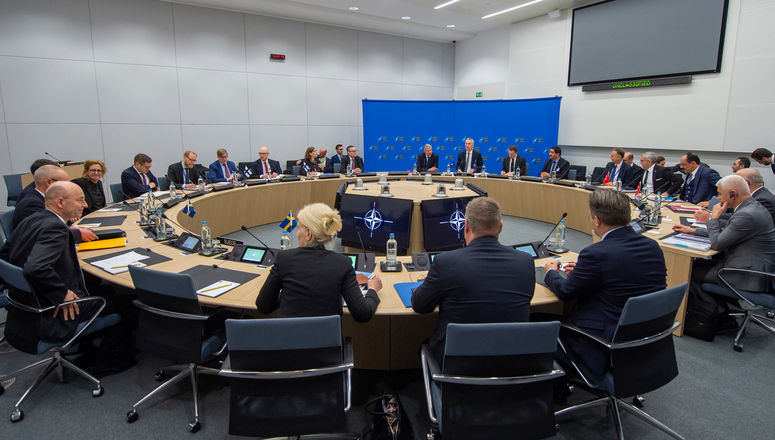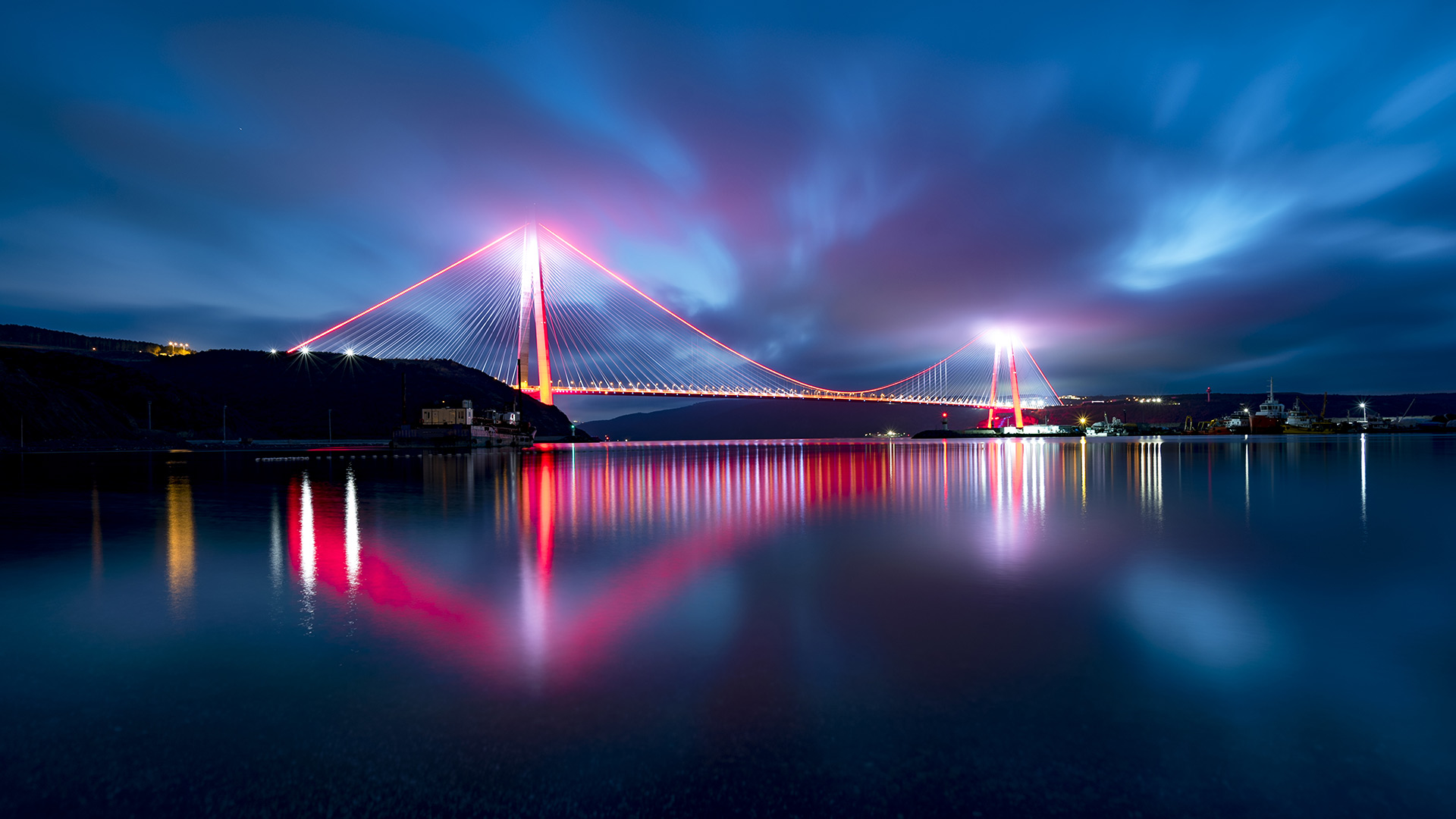Erdoğan targets Turkey’s Kurdish ‘kingmakers’
In a court on the outskirts of the Turkish capital, 108 opposition politicians are on trial for terrorism offences in a case that could shape next year’s presidential elections.
If found guilty, hundreds of members of the Peoples’ Democratic party (HDP), whose base is mainly Kurdish, could be banned from politics and it could lay the ground for the party being outlawed in a separate case under way at Turkey’s top court.
The HDP views its court battles, as well as renewed threats from President Recep Tayyip Erdoğan of a military offensive against militants in Kurdish-controlled northern Syria, as a campaign to depress its vote ahead of presidential and parliamentary elections set for June that polls show offer a unified opposition its best shot at power in two decades.
“The fundamental aim is to eliminate the Kurdish political tradition from politics and the strong potential that comes with it joining Turkish political dynamics,” Mithat Sancar, the HDP’s co-chairman, said in an interview. “Neutralising the HDP will make it easier for Erdoğan and his bloc to win.”
A deep economic crisis that is shrinking Turkey’s middle class has driven support for Erdoğan’s conservative Justice and Development party (AKP) to historical lows. Yet it remains the country’s biggest party, with about a third of voters’ backing, and can count on its far-right governing partner, the Nationalist Movement Party.

An alliance that includes secularists, nationalists, Islamists and liberals — but not the HDP — is challenging Erdoğan to end what it calls his one-man rule. The six parties have combined support of about 40 per cent, neck and neck with the ruling bloc but short of the absolute majority needed to win the presidency, according to research firm Metropoll.
Bringing the leftwing HDP’s 6mn or more voters, about 12 per cent of the electorate, on board would swing the election in the opposition’s favour.
“We are the kingmakers,” Sancar said. “The candidate whom we support will almost certainly win. If the opposition undertakes public, direct negotiations with us and we can reach consensus, we can support its candidate . . . So far it is unable to exit the nationalist playing field set up by the government, and Erdoğan will have no trouble defeating an opposition he keeps on his own turf.”
Erdoğan calls the HDP the “political extension” of the armed Kurdistan Workers party (PKK), which has waged a four-decade insurgency against the Turkish state. The HDP rejects that association, saying it wants a negotiated settlement to the conflict. But many Turks still link it with the PKK, called a terrorist organisation by the European Union and US.
The main opposition, though it is engaged in informal talks, has shied away from inviting the HDP to the table.

A public embrace risks alienating the alliance’s own nationalist voters, said Berk Esen of Sabanci University. “After any action by the PKK, the HDP is systematically criminalised and cornered,” he said. Erdoğan “is at an advantage when security concerns are in the public debate, since he can’t solve the economic crisis”.
A bombing in central Istanbul last month that killed six people has rekindled safety fears. The government blamed the attack on the PKK and its Syrian affiliate, the People’s Protection Units (YPG), which both denied involvement. It retaliated with air strikes on militants and warned that a ground offensive in Syria was next. Erdoğan has vowed the Istanbul bombing victims’ “blood will not be left on the ground nor at the ballot box”.
The overwhelming majority of voters say their biggest problem is economic, with just 2 per cent naming terrorism as a major concern, said Özer Sencar who runs Metropoll. “The opposition thinks this means Erdoğan’s economic mistakes will cost him the election, but his bastion of support ensures that without the HDP, the opposition cannot succeed.”

Three previous incursions across the border against the YPG have cooled conservative Kurdish support for the AKP, which Sencar said traditionally appealed to about a third of those voters. Erdoğan’s backpedalling on Kurdish political and cultural rights, including the collapse of negotiations with the PKK in 2015, have also eroded their support.
Erdoğan’s warning that the Syrian border town of Kobani would be in the crosshairs in a fresh military operation resonated at the mass trial of HDP officials in Sincan. A 2014 tweet from the party calling for the defence of Kobani against an assault by Isis became the basis of the case opened against it in 2021.
The tweet drew thousands of supporters into the streets to protest Turkey’s initial refusal to allow reinforcements to reach the YPG, and 37 people, mostly HDP supporters, were killed in clashes with police. Some party officials face life sentences for alleged crimes including homicide, leading a terrorist organisation and insulting the Turkish state.
Many of the defendants, including Selahattin Demirtaş, the HDP’s former leader who previously challenged Erdoğan for the presidency, are already in jail on previous convictions for terrorism-related offences, and testify remotely on a two-way video system to the cavernous courtroom, built inside a sprawling prison complex next to scrubby farmland. Lawyers said other challenges to mounting a defence were prosecutorial filings that number close to 1mn pages and a lack of faith in a fair trial ahead of the election.
“These proceedings were prepared for political purposes,” Gültan Kışanak, the 61-year-old former mayor of the south-east city of Diyarbakir, testified from her prison at a recent hearing. “It’s a scam, a trap set so that the hope of peace will not bloom.”
Should the HDP’s legal saga end in a ban, it has plans to reform under a different party in the hope of still contesting next year’s election. “We don’t disappear if we’re shut down,” Sancar said.




